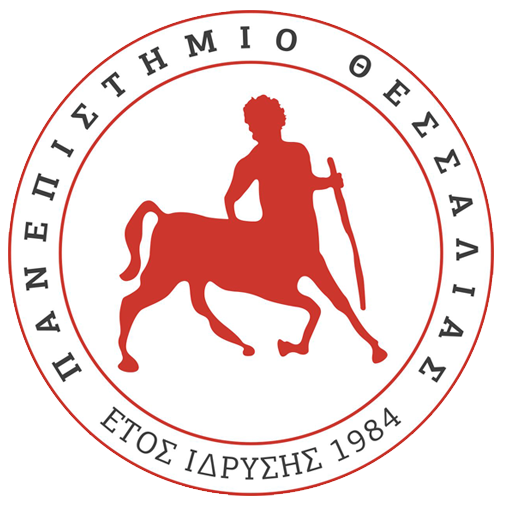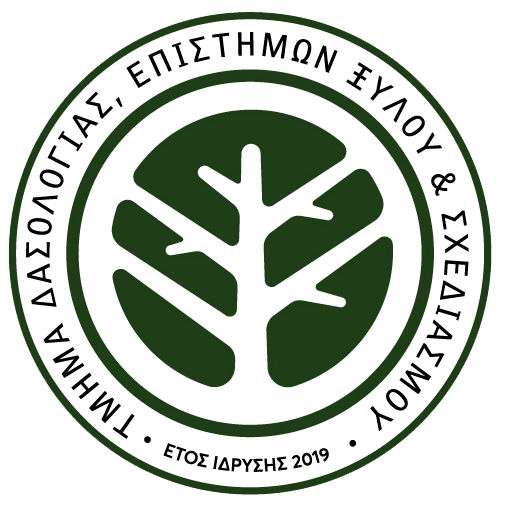Sokos C., Hasanagas N., Papaspyropoulos K., Birtsas P. 2009. Hunting management and hunting – related values. Proceedings of 2nd Conference on Environmental Management, Engineering, Planning and Economics (CEMEPE 2009). Kungolos, A., Aravossis, K., Karagiannidis, A., Samaras, P. (eds). University of Thessaly and National Technical University of Athens, 2009. (ISBN: 978-960-6865-09-1).
Abstract
Aim of the present analysis is to show how the attitude towards hunting management depends on hunting-related values. 237 standardized questionnaires have been distributed to hunters of Northern Hellas (Macedonia and Thrace) and the data were processed through Pearson test after normality test. Contrary to the hunters who regard hunting merely as a “sport”, these who regard it as a “life way” support long-term, more “eco-centric” and sustainable solutions like habitat improvement and predator control (and not, for example, release of quarries). This group of hunter is negative to more intensive hunting guarding, as it does not tolerate to have its “reliability” questioned and to be “policed” in his “life way”. Hunters who consider hunting to be not only a “male” but also a “female” activity present also a similar attitude. Hunters who feel respect to the quarry desire control of predators, so that they assure more opportunities to kill it themselves in a “respectful” way (quick and accurately). Moreover, they want to feel “the value of the defeated which gives glory to the winner”. Hunters who seek social distinction through hunting desire quick increase of quarry population through release and predator control in order to increase the probability to catch them and to gain thereby in prestige within his hunter companion. Hunters who search for beautiful landscapes during hunting are negative towards release of quarries as this spoils the quietness and the “naturalness” of landscape. They rather desire intensive guarding. In conclusion basic hunting management alternatives (quarry release, habitat improvement, predator control and intensive hunting guarding) are correlated with certain hunting-related values.
Key words: wildlife management, hunting view, mentality, value system
Περίληψη
Στόχος της παρούσας ανάλυσης είναι να δείξει πώς η στάση των κυνηγών απέναντι στη διαχείριση της θήρας εξαρτάται από τις αξίες που αποδίδουν σε αυτή. Η ανάλυση 237 ερωτηματολογίων από κυνηγούς της Βόρειας Ελλάδας (Μακεδονία και Θράκη) απέδειξε ότι σε αντίθεση με τους κυνηγούς που θεωρούν τη θήρα μόνο ως «άθλημα», αυτοί που τη θεωρούν ως «τρόπο ζωής» υποστηρίζουν μακροπρόθεσμα, πιο «οικο-κεντρικές» και βιώσιμες λύσεις, όπως η βελτίωση των ενδιαιτημάτων και ο έλεγχος των αρπάγων (και όχι, για παράδειγμα, την απελευθέρωση θηραμάτων). Οι κυνηγοί που αναζητούν την κοινωνική διάκριση μέσα από τη θήρα επιθυμούν την απελευθέρωση θηραμάτων και τον έλεγχο των αρπάγων, προκειμένου να αυξηθεί η κάρπωση τους. Οι κυνηγοί που αναζητούν όμορφα τοπία κατά τη διάρκεια του κυνηγιού είναι αρνητικοί προς την απελευθέρωση θηραμάτων.



